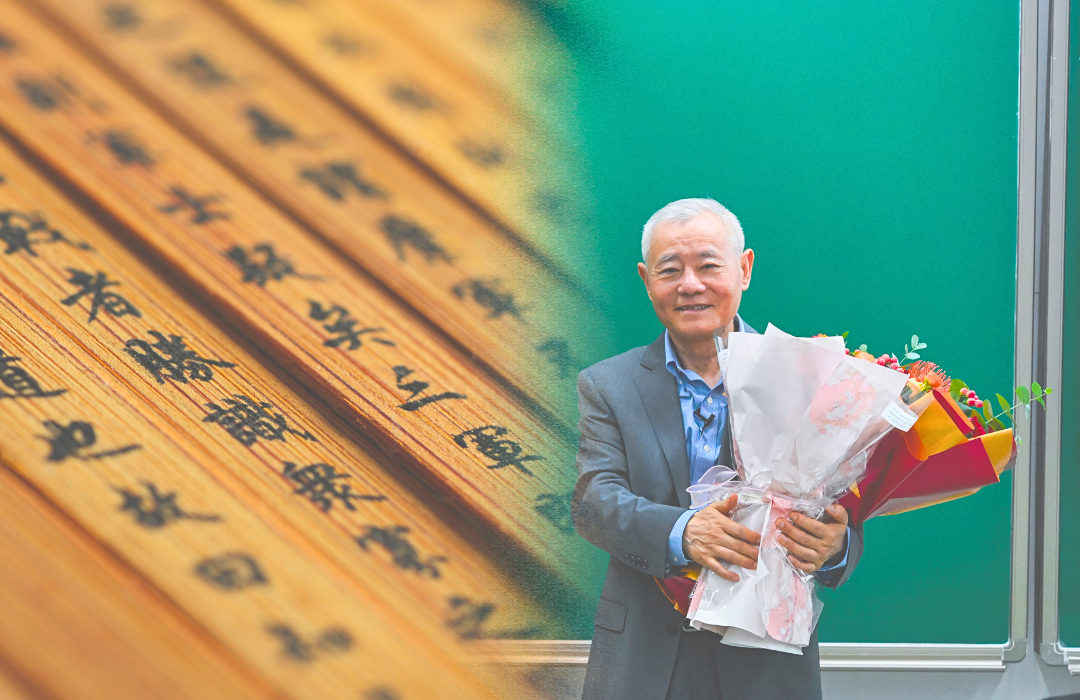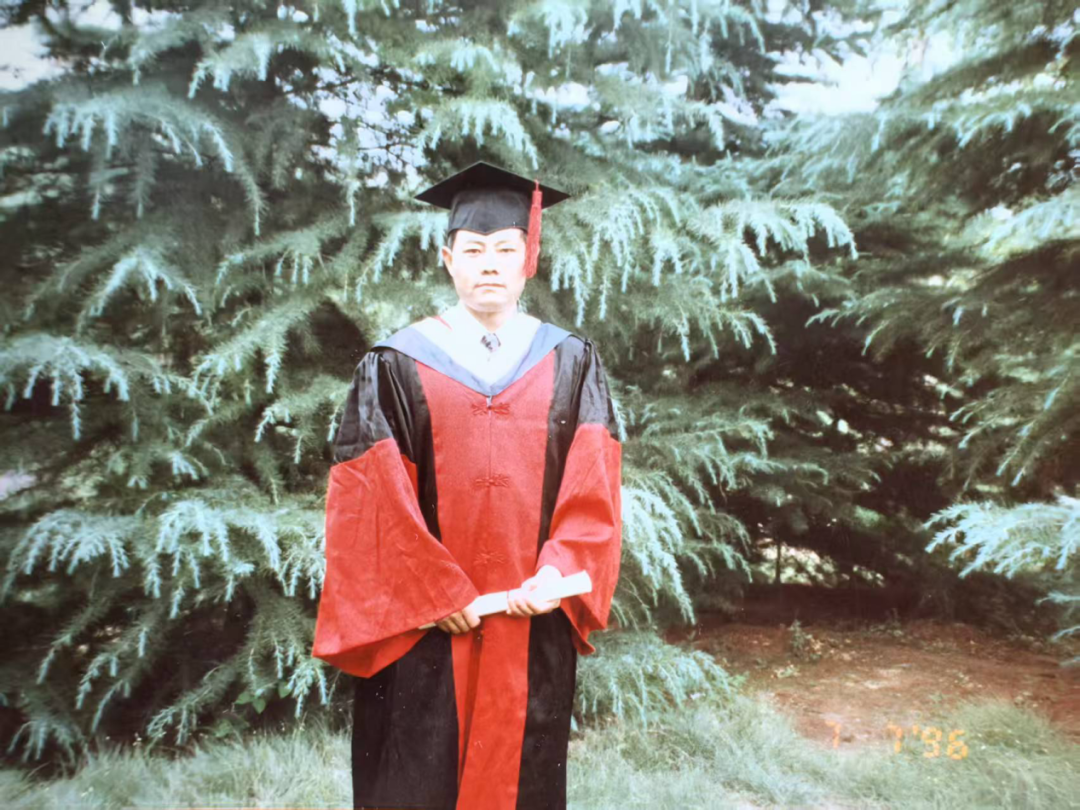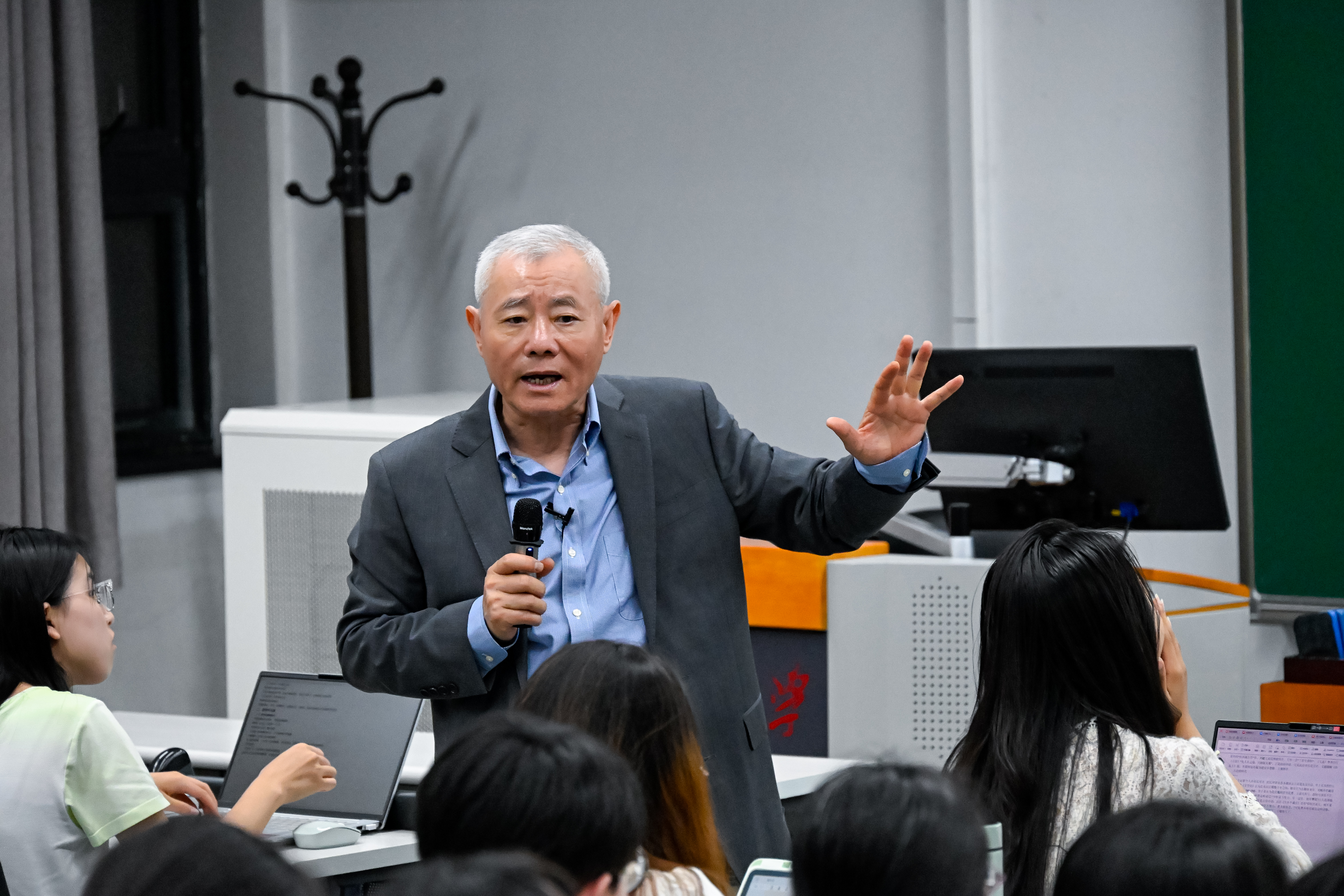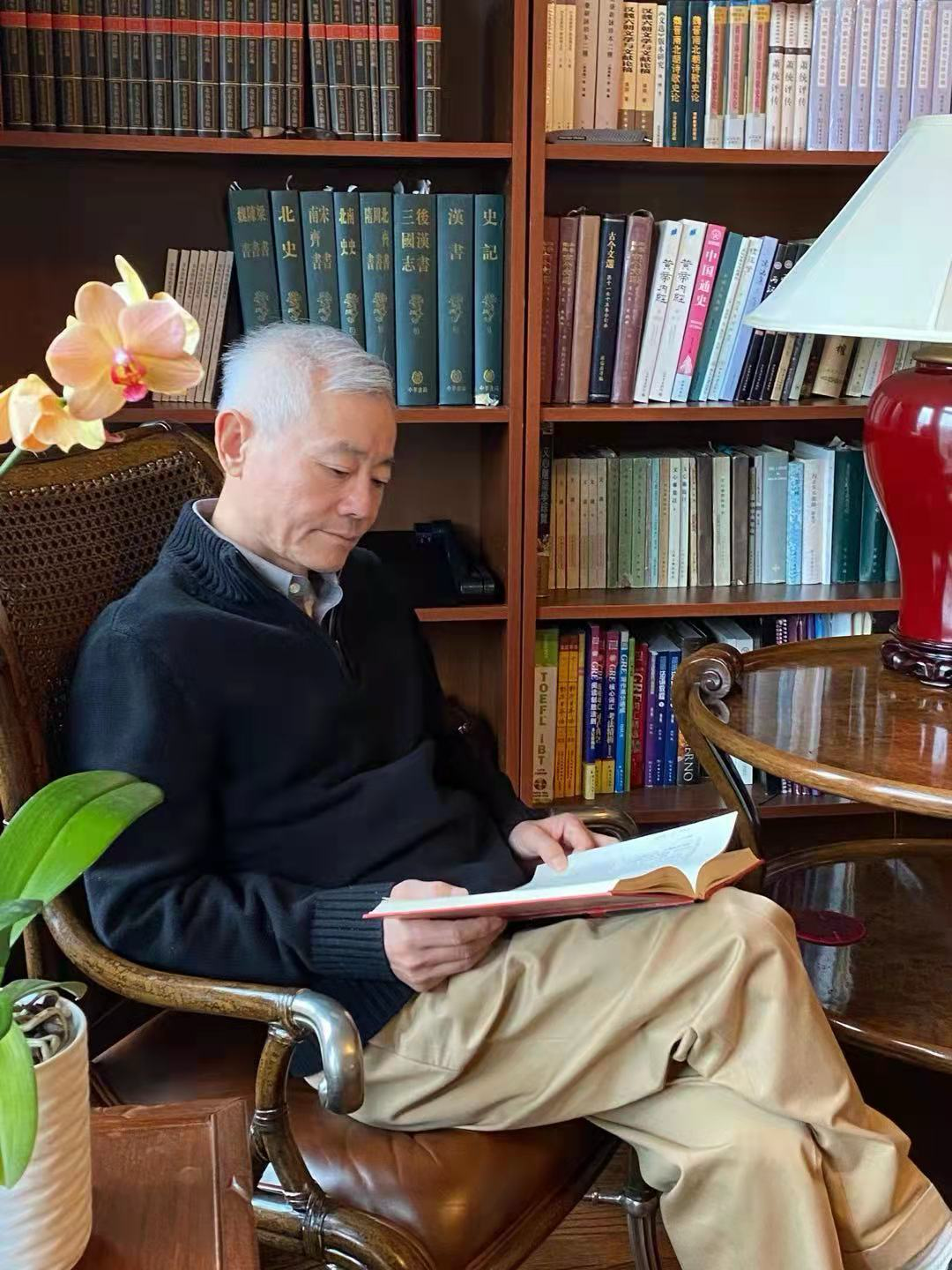
Peking University, June 26, 2025: On a summer evening, the classroom at Peking University was filled with the cadence of ancient verse. Professor Fu Gang stood at the podium, reciting the lines of The Nineteen Old Poems with a voice as resonant and measured as ever: “There are still endless wonders, but time won’t allow me to finish.”
This final line, spoken with gentle regret, marked the end of a semester and also the closing of a remarkable chapter in Chinese literary education.
After three decades of teaching, Fu Gang’s last lecture for History of Ancient Chinese Literature (Part I) was both a farewell and a celebration. This session marked the end of a literary career that spanned more than thirty years.
A Scholar Shaped by Struggle
Born in 1956 in a small village in Suining, Jiangsu Province, Fu Gang’s path to academia was neither smooth nor assured.
After graduating high school, he worked in a local sugar factory. When China resumed its national college entrance exams in 1977, Fu took the risk of leaving his job to prepare. He was admitted to Xuzhou Normal College, where his passion for classical Chinese literature took root.
He would then go on to pursue graduate studies at Shanghai Normal University under the mentorship of Professor Cao Rongnan and later earn his doctorate at the Graduate School of the Chinese Academy of Social Sciences.
Eventually, he arrived at Peking University as a postdoctoral researcher under the renowned scholar Yuan Xingpei.

Fu Gang’s class-day photo when he graduated from Ph.D.
The Voice of Chinese Literary Tradition
The road to Peking University, where he would eventually remain throughout his career, was a journey marked by resilience, humility, and a relentless pursuit of knowledge. Here, Fu Gang became a pillar of the Department of Chinese Language and Literature.
His self-edited course reader for History of Ancient Chinese Literature became legendary among students. The lecture was not a mere retelling of facts but a performance that interplayed history, language, and emotion.
For students, Fu’s classes were formative.
They remember his erudition, his rigor, and his unwavering commitment to scholarship. Many were drawn to major (or even switch majors) in Chinese literature after taking his introductory courses.
Xie Tianyang, a student from the School of Basic Medical Sciences, described Fu as “the embodiment of an earlier generation of literary scholars who were gentle, learned, and steadfast.”
Another student, Fan Yi from the Department of Archaeology, recalled how Fu’s lectures seamlessly wove together literature, philosophy, and textual scholarship, offering a multidimensional view of pre-Qin and Han literature.
 A Lifelong Commitment to Scholarship
A Lifelong Commitment to Scholarship
For Fu, teaching was never a side duty; it was the central mission.
He updated his lecture notes each year to reflect new research and evolving debates. When it comes to undergraduate teaching demand, he always insisted the highest level of preparation: “Students come as blank slates. Teachers must offer them clarity, not improvisation.”
His philosophy of teaching stressed professional integrity, intellectual discipline, and pedagogical precision.
Outside the classroom, Fu’s scholarship was equally influential.
His early work on the textual history of Selections of Refined Literature (文选) was groundbreaking and earned him wide academic recognition.
In recent years, he led a major national research project on annotating and studying Zuo Zhuan, one of China’s most complex classical texts. Such work was not only about interpretation but about building a foundation for future scholarship. His goal was to offer clarity in a field shaped by centuries of layered commentary.
As a scholar, Fu inherited the virtues of his mentors—integrity, humility, and scholarly exactitude—and passed them on to the next generation. He reminded students often: “Be proud, but not arrogant. Be meticulous, and never opportunistic.”
His advice echoed his own life: having experienced hardship in youth, he never took for granted his role as a teacher at China’s most prestigious university. “To be at Peking University, to teach and research here, is a gift I have never ceased to treasure,” he said.
 A Teacher’s Final Bow
A Teacher’s Final Bow
At his final class, students gathered with flowers and a banner, applauding long after the last sentence had been spoken.
Professor Luo Jing, one of Fu’s former PhD students and now a professor at Beijing Foreign Studies University, offered a heartfelt tribute: “He’s endured both the hardships of life and the demands of scholarship. Having been in the dark himself, he now lights the way for others.”
In his own words, Fu once said that being with students kept him young: “Their sincerity inspires me. It helps me keep my heart pure, even as the world grows more complicated.”
Now, as he steps down from the lectern, his legacy will continue not only in the texts he has written but in the countless spirits he has shaped.
It was a life spent among ancient words.
In his final lecture, he gave a final bow beneath the weight of thirty years and a parting wish, spoken with the quiet elegance that defined him: that students keep reading, keep thinking, and keep searching for “the endless wonders” that time could never quite contain.
Written by: Sean Elijah Tan
Edited by: Chen Shizhuo
Source: PKU WeChat (
Chinese)



